From Kalawaum to Calaworm: The Final Stretch
Some of you might be wondering, how 'The Ruins of Calaworm' is coming along, since I announced a hefty rework earlier this year. I guess I owe you guys a lengthy take on how things are progressing ...
Truth be told ... it's coming along great!

This site hasn't been updated for some time now, as I'm sticking to Twitter (https://twitter.com/erdbeerscherge) for my primary DevLog, posting short and sweet updates there. Mind, that download of recently available Demo has been disabled, because it no longer reflects the kind of game 'Calaworm' is shaping up to be. Do not despair, though, an updated build is in the works.
The second reason why I didn't update this page as often, is that with announcing the Rework I also had a couple of novel ideas I wanted to try, whether they fit the Kalawaum-formula ...
Spoiler alert: they didn't!
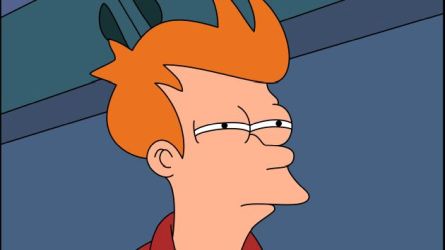
At least not all of them. One of those ideas was a Meta-Progression, where players would unlock benefits over time, but because of the streamlined nature of the game the only way to achieve this, was to remove mechanics that players may already have taken for granted, then spoon-feed it back to them ...
That didn't feel right.
Some fresh features that made it (most of them emphasizing Exploration, which 'The Ruins of Calaworm' is all about), I will share with you in the coming weeks.

Roguelikes have a knack to introduce Feature Creep behind your back, so let's talk about that for a second ... Feature Creep comes in three colors: Good, Bad and Ugly:
Good Feature Creep introduces valuable ideas, makes for a better, deeper, more diverse experience. 'Ruins of Calaworm' has a lot of "good" Feature Creep, it's basically Classic Kalawaum with Meta Systems built on top of it.
Bad Feature Creep causes you to waste time tuning parameters, only to delete everything in the end, because it turned out to be just noise, obfuscating code base and failing to enhance the core experience in meaningful ways (been there, done that).
Ugly: Minimum Added Value vs. Maximum Maintenance Effort, but you don't realize, until tons of dependencies have been established, and deleting and reverting everything back to a stable state takes as much time as it took you building them in the first place (been there, who hasn't ...)
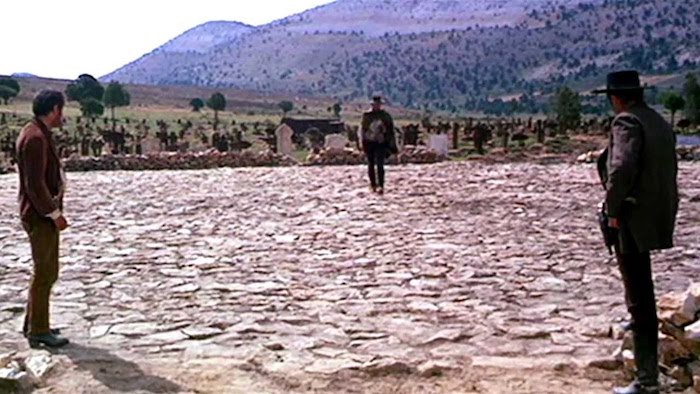
And so I had arrived at the point, where I had to stop the Creep, tone down the polish, instead settle on a good-enough state, and start locking in mechanics, a.k.a. making Final Decisions:
There's going to be sliders for various Difficulty Settings, e.g. you may decide how big the World is that you're about to explore, how large of a role Sanity plays, overall complexity of the Align the Stars-Minigame, and if there should be a procedurally generated Bonus Objective (a special Logic Puzzle called 'The Right of the Seal') that you has you hunting for Artifacts and Clues; then the amount of Ressources scattered about (consumable Items allowing you to cheat the odd base mechanic, making it easier to progress).
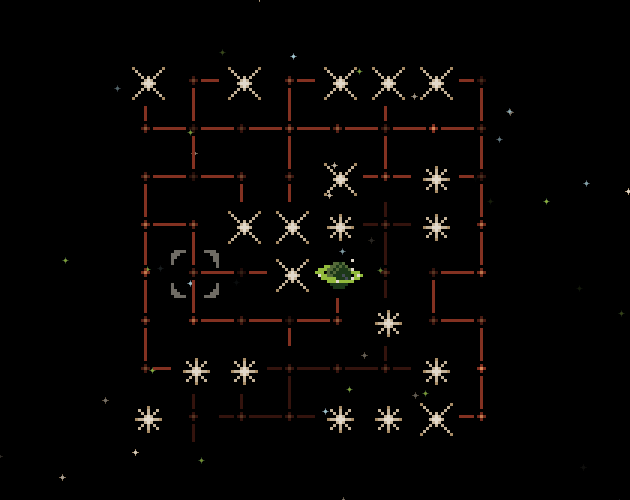
Last but not least there will be a Hardcore Mode, tuning back helpful features I introduced in order to make the game more accessible, while only providing limited amounts of Respawn Points, thus emulating a more pure experience, closer to Classic Kalawaum from the 90s.
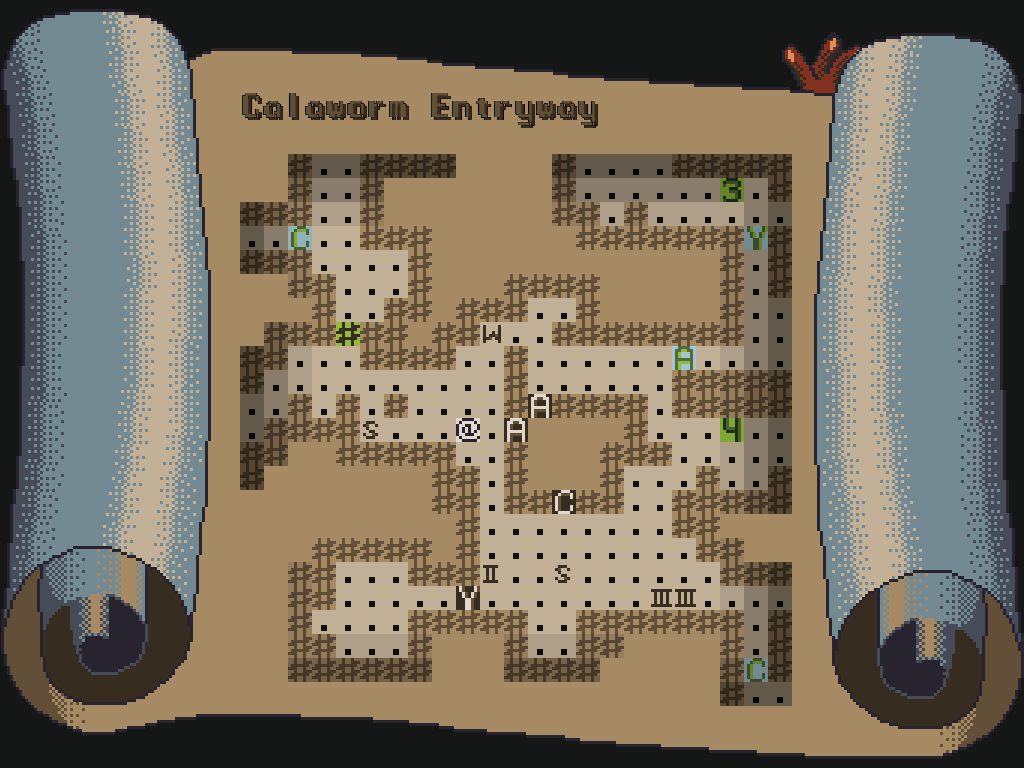
The bulk of the rework is done!
It comes with an all-new Tileset, the snow-ridden Plateau of Leng, a desolate place beyond Space and Time, which you'll access via Portals - once there, you're lost and have to find a way back to the Ruins.
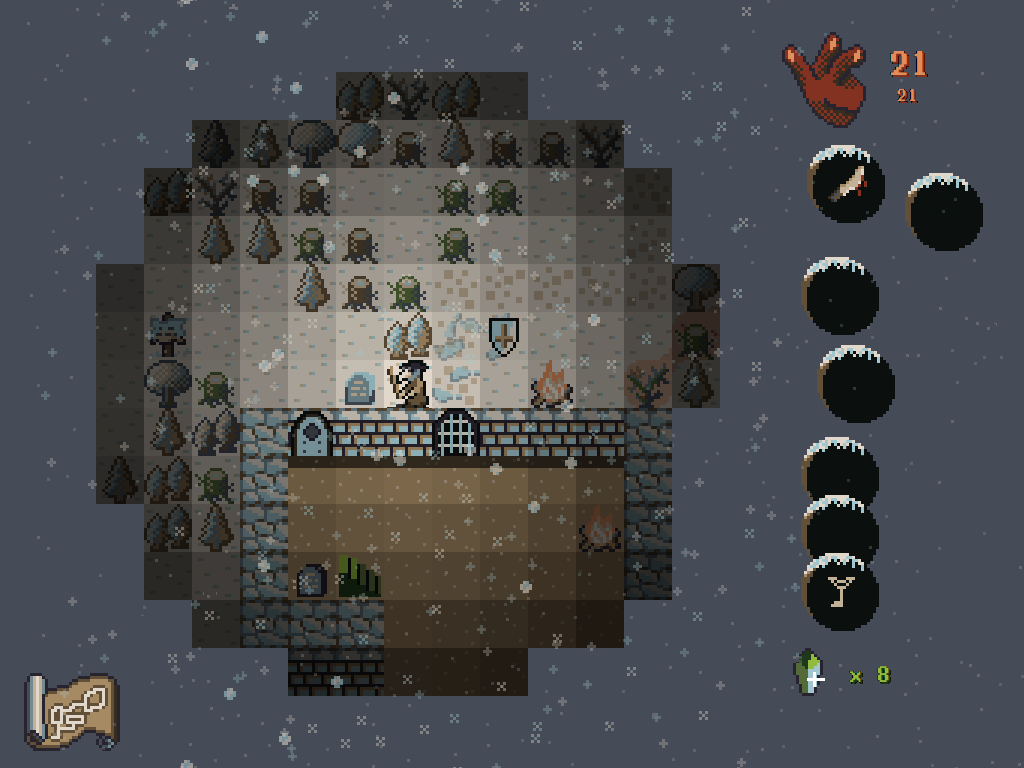
First two stages, serving as a Tutorial Region, are now procedurally generated, making the start of the game more diverse and fun to explore. After the Tutorial Section, the game then randomly picks from a pool of handcrafted Maps, connecting them in various ways, making the world more of a modal affair, less static and more rewarding to explore.
Here's where the Editor (included with the full game) comes into play, because every Map you've created, tested and compiled, goes into the pool and may be selected by the generator. You do not have to care about global connections, how a particular Map will fit into the Module - depending on tiles you've been using, the game determines whether it's an Outdoor Map (can become Plateau of Leng or Overworld-Tileset), or an Indoor Map (can become Dungeon or Vaults).
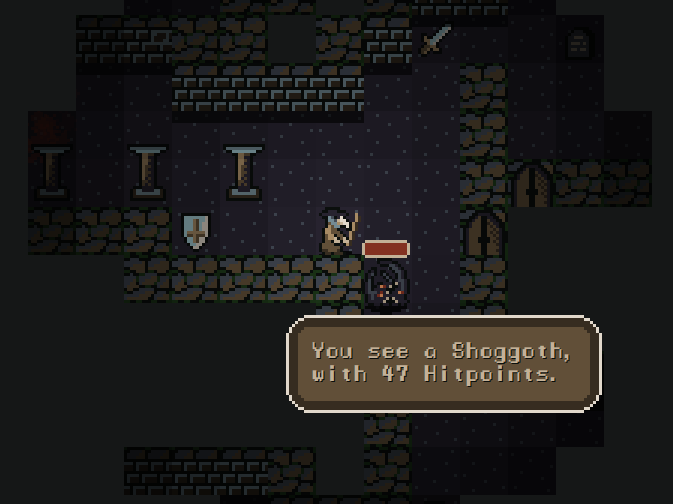
Connections betwen Maps are procedurally generated (in a logical, spatial manner), and depending on the type of Transition Tile, a fitting Key will be generated and placed in a random spot, where it can be safely accessed and carried to the target (mind, that Classic Kalawaum-Mechanics won't allow you to carry Keys through associated Doors, else you'll lose them). Below-Areas (Dungeon and Vaults) are accessed via Stair Tiles - entranceTile is randomly placed, exitTile somewhere close the center, but checks via Floodfill-Algorithm that it's in reach of a valid entrance point without having to use Keys or activate Arcane Barriers, so Map remains solvable.
This also makes the Editor a more meaningful tool, because players don't have to commit to creating full Adventure Modules anymore (which used to be quite the daunting task), instead each Map now works as self-contained instance, providing unique challenge, while the game takes care of flipping and turning them as needed, and shuffle internal parameters for even more variety. Thus churning out content becomes a fun pastime, instead of hard work.

Eventually setting up a dedicated Discord is part of the plan, where people can share their creations; me, after release, will keep throwing the odd "official" Map Pack into the mix, in order to maintain an ever increasing variety of places to explore.
Algorithms required to connect Maps to a fully traversable Module I have yet to code - this is the last "big" programming challenge I have to face. Until then I'm tying up loose ends: the Scope is set, no new features allowed, only looking ahead from now on! I'm striving to release an updated Demo no later than by the End of 2022.
Alas, we're not here yet:
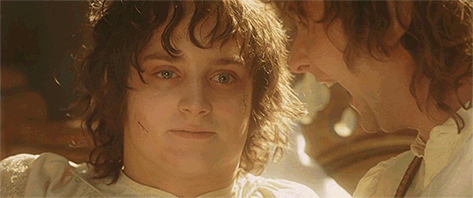
But definitely here (maybe a bit further):

So big time Thanks for your patience and ongoing support! I wouldn't have come this far without you guys cheering me on!



Also check out Tom Jensen's (the game's composer) detailed write-up on how the Soundtrack of Calaworm came to be: https://tom-jensen.com/blog.html#The-Ruins-Of-Calaworm
The Ruins of Calaworm
Turn-based Dungeon Crawler with concise mechanics, where cute Retro Pixelart clashes with Lovecraftian Cosmic Horror.
| Status | In development |
| Author | Alexander Karenovics |
| Genre | Adventure |
| Tags | 2D, Dark Fantasy, Dungeon Crawler, Exploration, Level Editor, Lovecraftian Horror, Pixel Art, Retro, Roguelike, Turn-based |
| Languages | English |
| Accessibility | Configurable controls, Interactive tutorial |
More posts
- Known Issues // Demo v2.9.9.14Sep 05, 2024
- Patch v2.9.9.14 // Friendly Water & WidescreenSep 04, 2024
- Known Issues // Demo Build 2.9.8.13Mar 14, 2024
- Patch Notes (v2.9.8.13) // Better Tutorial & Show EquipMar 14, 2024
- Known Issues // Demo Build 2.8.8.12Jan 06, 2024
- Patch Notes (v2.8.8.12) // Epic Devices of CalawormJan 01, 2024
- Evil grows stronger: New Demo LaunchDec 12, 2023
- Patch Notes (v2.6.8.10) // Hotfix Backlink ExploitFeb 13, 2023
- Patch Notes (v2.6.7.10) // Friendly DoorsFeb 01, 2023
- Patch Notes (v2.6.6.10) // Customizable Controls & Align the Stars-RevisionJan 31, 2023
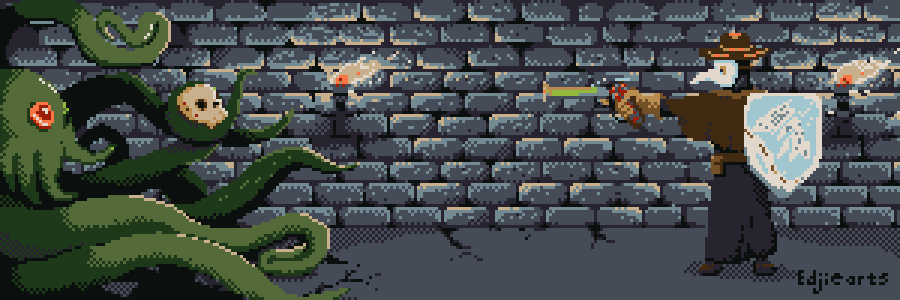
Leave a comment
Log in with itch.io to leave a comment.